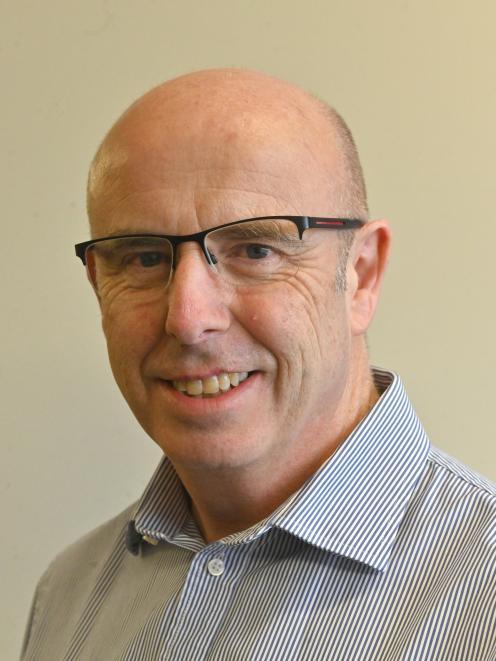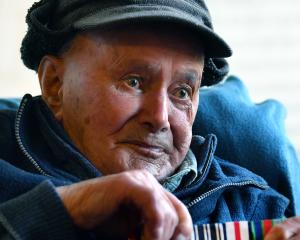
Auckland surgeon Andrew Connolly, recently named as chairman of the board’s endoscopy oversight group, told SDHB staff he was not happy with the initial draft and felt it needed more teeth, documents released to the Otago Daily Times under the Official Information Act show.
"I’ve been fairly brutal," Mr Connolly said in an email to SDHB staff.
"As you will see, I do not like the proposed terms of reference."
The surgeon, who wrote a report released in February that was highly critical of the service and said it was using national referral guidelines incorrectly, is also a Crown-appointed commissioner assisting the SDHB.
The oversight committee is one of several measures adopted by the SDHB in response to Mr Connolly’s report, and an equally damning earlier report by Dr Phil Bagshaw and Dr Stephen Bing.
"I do not think the purpose of the group is yet clear and it must have operational teeth," Mr Connolly said.
SDHB specialist services executive director Patrick Ng adjusted the document according to Mr Connolly’s wishes.
Subsequent editing including clarifying that the service as a whole rather than individual clinicians would be audited, and strengthening sections regarding equity of access and care for Maori and Pasifika patients.
Mr Connolly wrote to group members on October 8, and said the terms were deliberately broad, but should provide the governance and oversight needed to turn the service around.
"I acknowledge there are complex issues responsible for the position we find ourselves in, and there will no doubt be areas where trust needs to be restored, and differences will exist.
"But the key focus must be on improving the systems that support colonoscopy for the community that we serve.
"Healthy debate is to be encouraged, but we will not be relitigating personal differences."
Minutes of the group’s first meeting, held on October 23, said Mr Connolly insisted that community representatives and a general practitioner needed to be part of the process.
He also "made it very clear" that symptomatic patients should be given priority.
"We cannot accept patients not getting their procedures/surgery."
In a report to be considered by the SDHB this week, chief executive Chris Fleming said good progress had been made in several key areas.
Average waiting times for bowel screening were 15 days in Dunedin and 13 in Southland, but 102 patients in Dunedin and 150 in Southland were overdue for surveillance tests.
Comments
It's about time our medical system was dragged kicking and screaming into the 21st century. Just because we choose to live in the South is no reason to accept a lower level of medical care than those in Auckland receive. We pay taxes just like everyone else.
As a recent recipient of bowel and liver surgeries following Feb 2020 diagnosis, I do feel the health care system locally has been nothing short of amazing. The Consultants, Doctors, Surgeons, Nurses and Oncologist teams have been fantastic.
Now to get that help or into the system was a bit of a push, I was lucky that my GP did lodge an application following some early signs and I was lucky to be put on the "semi-urgent" schedule for a colonoscopy. This came 6 weeks to the day and then started my 9 month of chemo and operations.
Initially I was disappointed in the wait period, but my GP felt the wait time or benefits for public over private would be negligible so I stayed public and still saw the same gastro consultant as I would have if I had paid to go private. I do think the restrictions placed on younger patients is a barrier that needs to be removed and earlier access for this type of screening should be made available. If a 74-year-old gets free screening, surely a middle-aged current taxpayer should also qualify. If I were a drunk driver and had smashed into a another vehicle I would receive premium health care and support and ongoing income assistance. Hardly seems fair.












